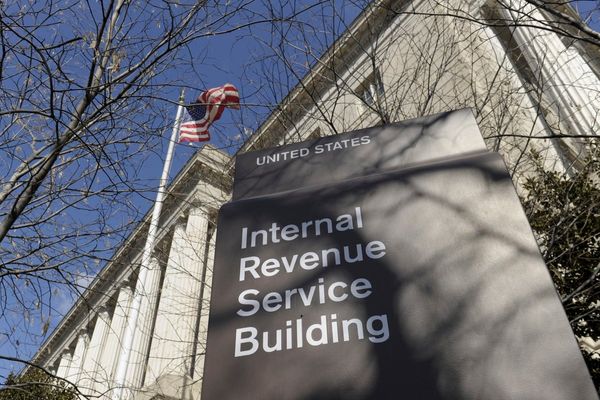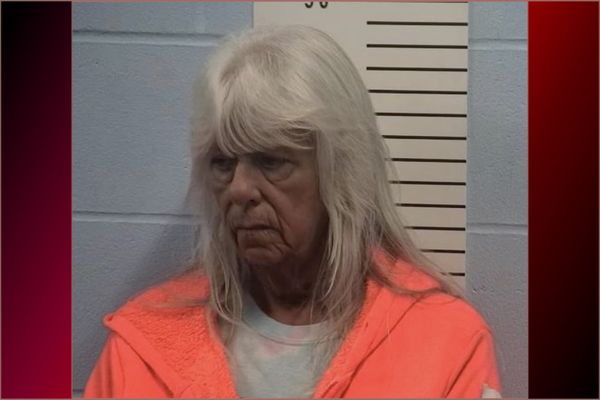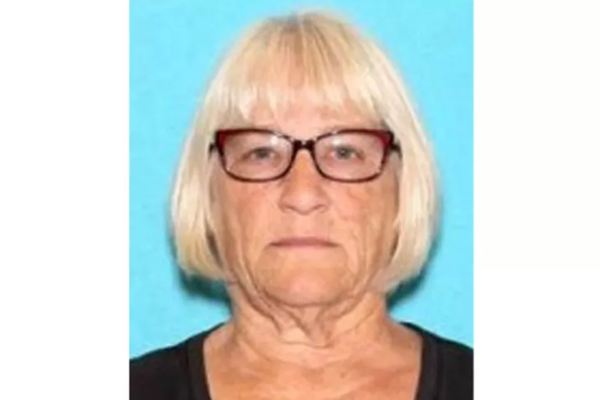
First discovered in chimpanzees in 1956 and in children the following year, respiratory syncytial virus (RSV) isn’t new. Neither is it uncommon among the youngest and oldest populations, infecting most babies and toddlers before their second birthday and accounting for the annual hospitalization of up to 160,000 U.S. adults 60 and older.
In recent years, however, COVID-19 has not only stolen the public health spotlight but also eclipsed the development of the first RSV vaccine.
“[RSV] can be very risky, but people are not as aware of it as a virus in itself,” Dr. Sujata Ambardar, an infectious disease specialist at Inova Fairfax Hospital in Falls Church, Va., tells Fortune. “They think of COVID, flu, and other viruses.”
Though Ambardar believes RSV awareness is on the rise, she says the existing lack of patient education—coupled with COVID- and flu-induced vaccine fatigue—may account for minimal interest in the trio of new RSV vaccines for people 60 and older.
As recently as 18 months ago, no RSV vaccine existed. The Food and Drug Administration (FDA) approved the nation’s first RSV vaccine, GSK’s Arexvy, on May 3, 2023. In a statement that day, Dr. Peter Marks, director of the FDA’s Center for Biologics Evaluation and Research, deemed the occasion “an important public health achievement to prevent a disease which can be life-threatening.”
The FDA approved Pfizer’s Abrysvo on May 31, 2023, and exactly a year later did the same for Moderna’s mResvia. Yet as of spring 2024—just weeks before mResvia’s approval—less than 25% of eligible adults 60 and older had gotten an RSV vaccine, according to the Centers for Disease Control and Prevention (CDC).
1 in 5 older adults plan to get RSV vaccine
Vaccine uptake may not be much better during the 2024–25 respiratory virus season. Fewer than two in five (38%) eligible recipients plan to get an RSV vaccine, according to a survey conducted in August by the National Foundation for Infectious Diseases (NFID), including 21% who “definitely will” and 17% who “probably will.” Nearly half (44%) said they’re unsure (18%) or don’t plan to get immunized (26%).
Those who said they won’t get vaccinated cited the following among their reasoning:
- Concerns about side effects from the vaccine: 45%
- Concerns about getting sick from the vaccine: 38%
- Distrust of vaccines in general: 38%
- Doctor has not recommended it: 24%
The RSV vaccines’ newness also breeds distrust, says NFID medical director Dr. Robert Hopkins Jr.
“Part of it is we’re seeing a general decline in confidence in vaccines, a general decline in confidence in a lot of things related to health care,” Hopkins tells Fortune. “That’s a lot of our barrier. I think it’s also challenging for a lot of people in the public to say, ‘Well, wait a minute, why haven’t I heard about this virus before if it’s that important?’”
Alternatively, survey respondents who said they’ll get vaccinated or are unsure considered these factors:
- To protect themselves: 72%
- To avoid severe complications, including hospitalization and death: 61%
- Doctor recommendation: 59%
- To protect their family: 58%

What is RSV?
Like COVID, the flu, and the common cold, RSV is a respiratory virus that infects your lungs, nose, and throat. RSV season in the U.S. typically runs in the fall and winter, peaking in December and January, per the CDC. Still, it’s always RSV season in some warmer climates—such as southeast Florida—and you can catch the virus year-round no matter where you live.
What are RSV symptoms?
Most people with RSV exhibit the following mild, cold-like symptoms, the CDC says, which manifest four to six days after infection:
- Congestion
- Coughing
- Decrease in appetite
- Fever
- Runny nose
- Sneezing
- Wheezing
Infants’ only symptoms may be irritability, breathing difficulties, and decreased activity. If your symptoms worsen, you’re having difficulty breathing, or you aren’t drinking enough fluids, seek emergency care.
In most cases, adequate hydration and over-the-counter pain relievers can help manage your symptoms during the week or two it takes to recover from RSV. But children under 5 and adults 60 and older are at high risk of severe infection resulting in hospitalization. The latter are also in danger of death.
Older adults with RSV can develop pneumonia, and those with complications including asthma, heart failure, and chronic obstructive pulmonary disease (COPD) may experience worsening conditions, the CDC says. Every year in the U.S., about 6,000 to 10,000 people 65 and older die from RSV. In a study published last year in the Journal of Clinical Virology whose subjects were an average 75 years old, RSV infections were more severe than flu infections.
While RSV is rampant among and often serious for young children, it’s critical that the public understands the virus extends beyond little ones, Ambardar says. In fact, children can be the source of infection for an even more vulnerable group.
“Especially for people who are over 75, [RSV] can require hospitalization and can be quite bad—and we don’t think about it that way, because we’re associating it with only kids,” she tells Fortune. “You have grandparents visiting their grandkids, and the grandkids may be the ones harboring the virus. The grandfather who’s 75 or 80 may get sick and may not even know it if he goes to the ER because he’s thinking flu.”
Who should get an RSV vaccine?
All three RSV vaccines are FDA-approved for adults 60 and older, but over the summer the CDC updated its immunization recommendations:
- Everyone ages 75 and older receive the RSV vaccine
- People ages 60 to 74 who are at increased risk of severe RSV, meaning they have certain chronic medical conditions, such as lung or heart disease, or they live in nursing homes, receive the RSV vaccine
Though the CDC hasn’t formally recommended an RSV vaccine for the general population younger than 60, the FDA in June approved Arexvy for adults 50 to 59 who are at increased risk of RSV lower respiratory tract disease. When in doubt, discuss with your doctor which RSV vaccine may be right for you.
No vaccine is approved for babies; however, expectant parents can provide their unborn children passive immunity by getting the Abrysvo shot late in pregnancy. Infants whose birthing parent was unvaccinated may be eligible for a monoclonal antibody treatment called nirsevimab.
Here’s a breakdown of who’s eligible for which RSV vaccines:
-
Moderna mRNA vaccine (mResvia)
- Indicated for adults 60+
- 1 dose needed
- Recommended late summer through early fall
-
Pfizer protein vaccine (Abrysvo)
- Indicated for
- Adults 60+ (recommended late summer through early fall)
- People 32–36 weeks pregnant (recommended September through January)
- 1 dose needed
- Indicated for
-
GSK protein vaccine (Arexvy)
- Indicated for
- Adults 60+
- Adults 50–59 at high risk of RSV-caused lower respiratory tract disease
- 1 dose needed
- Recommended late summer through early fall
- Indicated for
Flu and now COVID vaccines are reformulated annually because their corresponding viruses mutate relatively quickly. RSV exhibits a slower evolution, Hopkins says, meaning that at least for the time being, a single dose of the RSV vaccine is all you need to stave off severe infection.
“We now have three vaccines that are available for older adults,” Hopkins says, “and so my hope is that as we get more data, we may be able to expand use beyond the current groups for whom they’re recommended and provide protection for more of our population.”
For more on vaccines:
- Public health experts are warning of a ‘quad-demic’ this winter. Here’s where flu, COVID, RSV, and norovirus are spreading
- Yes, you can get the COVID, flu, and RSV vaccines at once. Here are the pros and cons
- COVID sickens older adults most severely, but less than half say they’ll get the new vaccine
- New COVID vaccines are here. What to know about latest shots in wake of nation’s biggest summer surge
- New flu shots have arrived. Here’s the best time to get your annual vaccine







